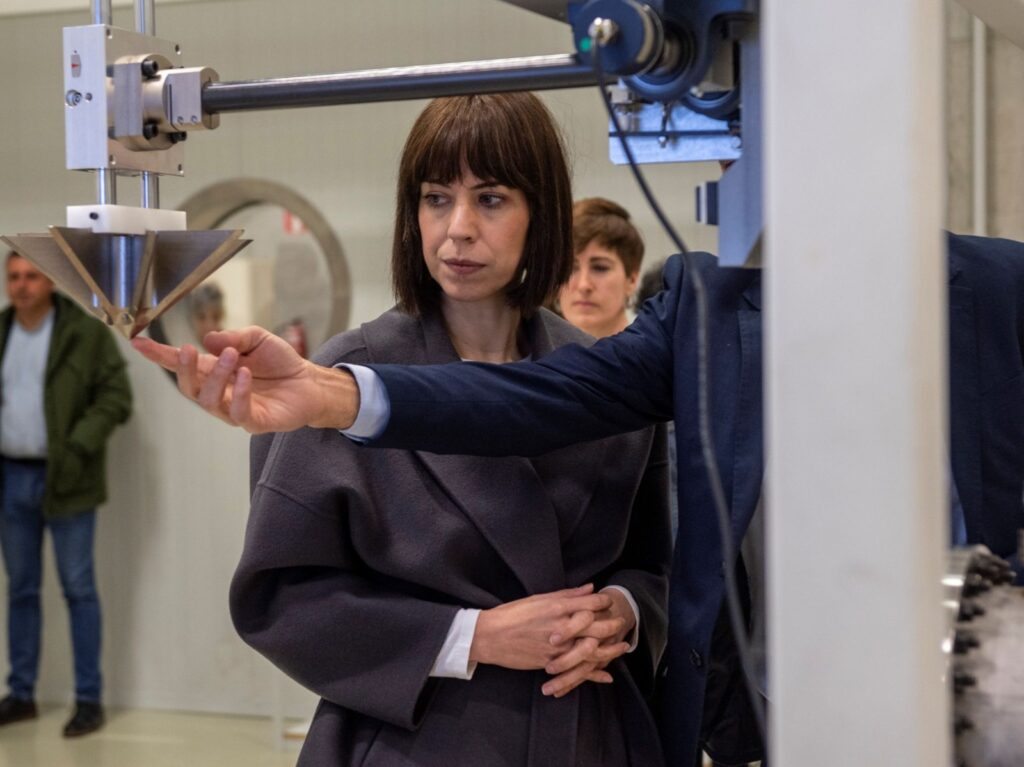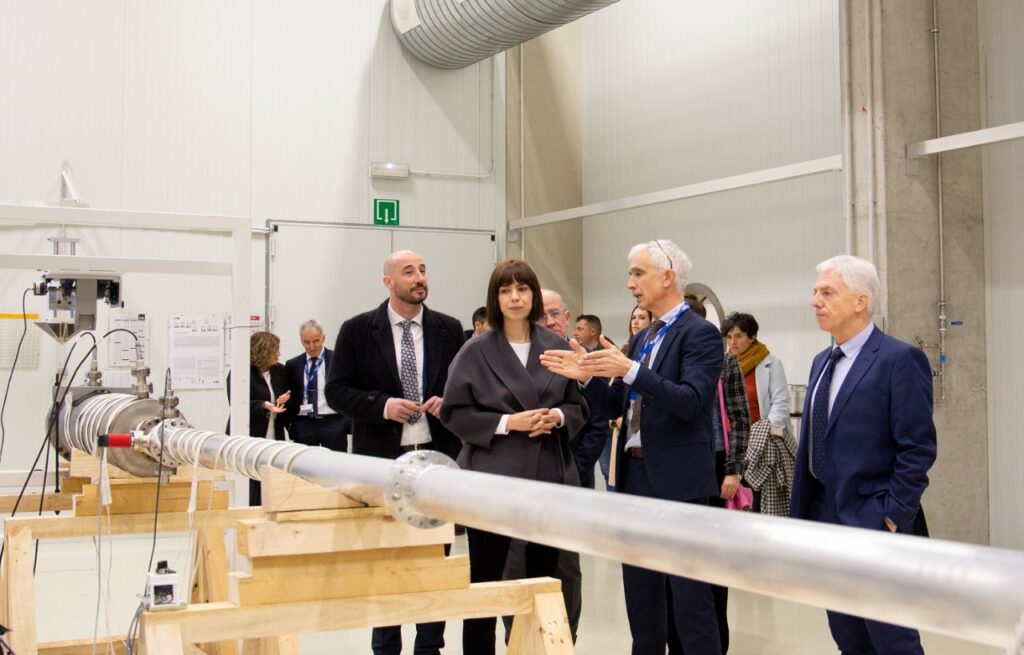The Minister of Science and Innovation gets to know the MUVACAS prototype
Posted on |

On 16 February, the Minister of Science and Innovation, Diana Morant Ripoll, visited the facilities of Tekniker, the technology centre specialising in Advanced Manufacturing, Materials and Surface Engineering, and ICT for manufacturing located in Guipúzcoa. During her visit, the minister visited the MUVACAS (Multipurpose Vacuum Accident Scenarios) project, which is being carried out by the University of Granada and which will be located in the future UGR-DONES research centre.
MUVACAS is an experimental prototype that will enable the necessary tests to be carried out to verify the reliability of the design of critical elements of the new particle accelerator, which will be located in the town of Escúzar (Granada).
Specifically, the equipment developed by Tekniker will allow IFMIF-DONES scientists to test the behaviour of different mechanical systems, components and materials of the particle accelerator line against possible unexpected events.
The technology centre is responsible for all phases of this project, from the prototype’s design, manufacture and assembly to its final installation at the University of Granada. It has the support of AVS and TVP companies, which participate as suppliers of some critical components.
In this project, the technology centre combines its experience in Ultra High Vacuum (UHV) equipment with its capabilities in metrology, mechatronics, surface engineering, automation and control.
The entire system will be assembled in April in Tekniker. It will allow to test the correct operation of the components with great precision and obtain the data instantly thanks to a fully automated system.
In this sense, the system has a network of sensors configured ad hoc to be fast and synchronised enough to meet the needs and requirements of the cutting-edge experiments that will be carried out in this facility.
“The sensor network that we will configure in the prototype must be able to capture and analyse the advance of the wavefront, which can reach speeds of over 500m/sec,” explains Andoni Delgado, head of Science Industry at Tekniker.
Tekniker’s team of researchers will assemble the equipment in the ultra-precision room of the technology centre. It is an ample space with the right humidity, temperature and cleanliness conditions to work with Ultra High Vacuum systems.

A unique project in the world
The prototype will be a recreation of the last 30 metres of the line connecting the high-energy beam of the accelerator with the lithium target chamber. It will be used for the experimental study of wavefront propagation times and to validate protection systems designed to mitigate unexpected events.
Although some tests have already been carried out, “there is currently no specific facility dedicated to replicating in situ all these test campaigns with the capabilities that will be available in this one, so the impact of the results obtained will be of great interest to the scientific community dedicated to the development of particle accelerators. The knowledge gained may also be useful in the industrial sector in areas such as the manufacture of critical components and advanced sensor technology,’ says Tekniker’s head of Science Industry.
The prototype, called MUVACAS (Multipurpose Vacuum Accident Scenarios), will be used to adapt the design and optimal configuration of the unique particle accelerator to be built as part of the international initiative IFMIF-DONES (International Fusion Materials Irradiation Facility – Demo Oriented NEutron Source).
“IFMIF-DONES is a unique facility in the world, and it will be a strategic infrastructure for scientists in the area of energy research and innovation,” adds the Tekniker researcher.
The facility, already under construction in Granada, is part of the EU’s ambitious programme to develop fusion as an energy source. The estimated budget for its construction and commissioning is 700 million euros.
About Tekniker
Tekniker is a technology centre specialising in Advanced Manufacturing, Surface and Materials Engineering and ICT for production. Its mission is to bring growth and welfare through R&D&I to society as a whole, contributing in a sustainable way to the competitiveness of the business fabric. Tekniker is a Basque Research and Technology Alliance (BRTA) member.
About IFMIF-DONES
The IFMIF-DONES project is an initiative of the National Fusion Laboratory of the Energy, Environmental and Technological Research Centre (CIEMAT), which the IFMIF-DONES España Consortium currently promotes.
CIEMAT is the Public Research Organisation attached to the Ministry of Science and Innovation that has led the design of this facility from the outset and is currently financing the construction of the first buildings and laboratories in Escúzar (Granada).

